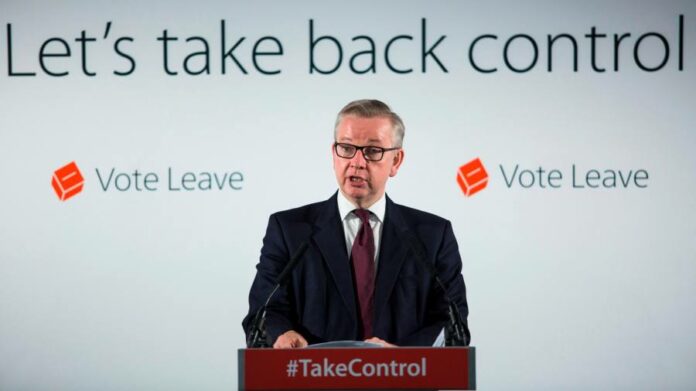At a time of information overload, Erik Angner offers a fitting reminder of how economics can help structure our critical thinking on matters ranging from the existential, such as climate change, to the more routine, like parenting. For economists and those familiar with it, How Economics Can Save the World is a refreshing exploration of the subject’s growing application. For newcomers it will offer a clear guide into how economic reasoning can filter through noise and identify solutions for problems, big and small.
Economics has sustained its share of bad publicity. Broadsides against experts by politicians, criticisms over incorrect forecasts, and some economists’ dogmatic attachment to outdated theories have all undermined faith in the subject. Indeed, a 2019 UK survey found economists were among the least trusted professionals in the country. Meanwhile, the abundance of clickbait and partial analysis promoted by social media and some news organisations, has only added to confusion around certain issues.
Angner, a professor of practical philosophy at Stockholm University, concedes the need for economics to be less insular, better communicated, clearer about how values — welfare and justice, for instance — factor into its analysis, and more open to diversity. Yet by walking the reader through how branches of economics can illuminate some of humanity’s greatest challenges, such as reaching net zero carbon emissions, and how valuable it can be in our daily struggles, he is able to demystify the subject and reassert that improving everyone’s economic literacy is crucial.
The author argues that the core experimental tools of economics — such as randomised control trials and empirical analysis — distinguishes it as an original way of problem-solving. It is the consistent application of these tools to public policy that makes economics distinct from psychology and sociology. Through a series of case studies, Angner outlines how these instruments help identify what is at the heart of various economic and social issues and then how they can isolate, test and justify certain courses of action.
Most effectively, through engaging examples, Angner highlights an “economic way of thinking”, approaching problems through a collection of heuristic devices. He goes through concepts such as rational choice theory, which make the subject’s logic more accessible. This is important as some are often put off by the discipline’s reputation for being overly mathematical.
Angner also applies microeconomic theory to shed light on major global challenges. This includes an investigation into the efficacy of direct cash transfers in alleviating poverty, and the role of carbon taxes in fixing climate change. There is also a neat defence of the power of markets, drawing on Alvin Roth’s work on market design to support kidney exchange. Indeed, his research has helped thousands to get life-saving transplants through a system which matches donors and patients.
Between the heavier topics, Angner explores more unconventional applications of economic thinking, leaning on the discipline’s growing use of behavioural science and approaches centring on the role of beliefs, preferences and values. This includes an entertaining chapter on how to change norms and bad behaviour, linking to game theory. Considerable space is also devoted to challenging our own cognitive biases, such as confirmation bias, and how not to be overconfident. Angner’s call for “epistemic humility” — a realisation that our knowledge is always incomplete, and may require revision in light of new evidence — is a reflection of his overall message that economics is at its core a way of critical thinking.
The book offers hope for readers that a more rational, balanced and considered public debate is within reach, providing the insights of economics are more widely understood.
How Economics Can Save the World: Simple Ideas to Solve Our Biggest Problems by Erik Angner, Penguin Business, £20, 288 pages
Tej Parikh is the FT’s economics leader writer






